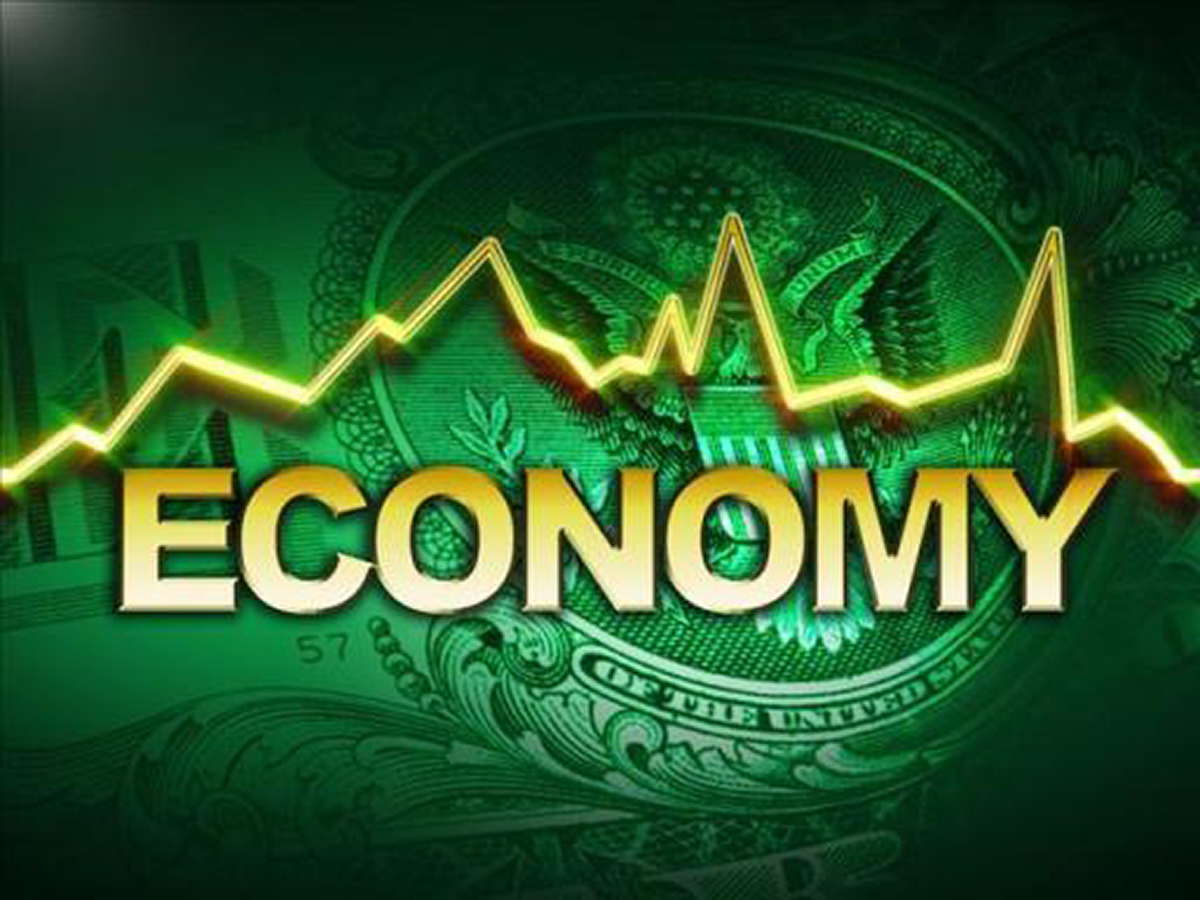German economy returns to growth as France beats estimates

By Bloomberg
The euro area’s two largest economies returned to growth in the third quarter, signaling that a slow recovery has taken hold in the region.
German gross domestic product rose 0.1 percent in the three months through September and France’s jumped 0.3 percent, the most in more than a year. Analysts surveyed by Bloomberg News predicted third-quarter growth of 0.1 percent for both economies, and see the same rate of expansion for the 18-nation region.
The euro area’s fragile recovery has been in peril since economic malaise took hold of countries in the region’s core. With the revival stuttering and inflation close to the lowest level in five years, the European Central Bank has deployed unprecedented stimulus and urged governments to invest and deliver structural reforms to support growth.
“The figures bring about a positive surprise at the margin,” said Frederik Ducrozet, an economist at Credit Agricole CIB in Paris. The ECB “should take comfort of the fact that domestic demand has remained resilient and consistent with a slightly stronger momentum going into year-end.”
The euro fluctuated after the report and was down 0.3 percent at $1.2436 at 8:08 a.m. Frankfurt time.
Weak Recovery
Euro-area economy probably expanded 0.1 percent last quarter, according to a separate survey. That report is due from the European Union’s statistics office in Luxembourg at 11 a.m. today. Italy, Portugal and the Netherlands are scheduled to report national figures before then.
“The recovery is continuing, but it is a very weak recovery, which will remain slow,” said Andreas Scheuerle, an economist at Dekabank in Frankfurt. “The euro-zone problems can’t be solved in one quarter, they are a long-term problems.”
In Germany, third-quarter growth was driven by private consumption, with a small contribution from net trade, the statistics office said. At the same time, equipment investment dropped significantly while construction also fell. Inventories contracted markedly in the period, according to the report. A full data breakdown will be published on Nov. 25.
The German government cut its growth forecasts last month, saying the economy will expand 1.2 percent this year and 1.3 percent next year. Angela Merkel’s council of economic advisers also slashed its projections, urging the Chancellor to spur growth and investment to retain competitiveness. The Bundesbank, which in June predicted German GDP would jump 1.9 percent in 2014 and 2 percent in 2015, is due to update its outlook in December.
Russia Woes
While some support to growth may have come from the euro, down almost 11 percent since early May, and oil prices, which have fallen more than 25 percent in the same period, sanctions against Russia over its involvement in Ukraine have damped exports. EON SE, Germany’s biggest utility, reported a wider third-quarter loss than last year, as a weaker ruble crimped earnings from Russia and power prices declined.
“We have a small stimulus package on the way in the form of lower energy prices and a weaker euro,” said Carsten Brzeski, chief economist at ING-DiBa AG in Frankfurt. “But it is sinking in that Germany hasn’t been doing reforms for the past 10 years and it is much more sensitive to external shocks and less reliant on its own strengths.”
French Economy
The German government’s reluctance to boost spending and investment is driven by a pledge to balance the budget by next year. That aim stands in contrast to fiscal policy in France, where the shortfall is seen rising to 4.7 percent of GDP in 2016, the highest in the European Union for that year.
With a tax burden that ties Belgium for being the highest in the euro zone and the French government slashing spending by 50 billion euros over three years, businesses are reluctant to hire or invest. Adding to the woes of President Francois Hollande, whose popularity is at record lows, unemployment is at 10.5 percent, compared with 5 percent in Germany.
“Overall, the German economy continues its recovery,” the Economy Ministry in Berlin said on Nov. 12. “However, a significant acceleration of moderate dynamics is not to be seen for the last quarter.”
Economists surveyed last month predicted German growth of 0.3 percent this quarter, and an expansion of 0.2 percent in the euro area. Inflation in the region is seen averaging 0.6 percent, compared with the ECB aims to keep annual price gains just below 2 percent.
Policy makers, who this month endorsed President Mario Draghi’s commitment to boost the ECB’s balance sheet toward early-2012 levels, have charged the institution’s staff with preparing further monetary stimulus to be implemented if needed. Since June, the ECB has cut rates twice, offered long-term loans to banks and started asset purchases.
“Monetary policy has done and will continue to do its part,” Draghi said in Rome on Nov. 12. But even if combined with a fiscal policy, it is “not enough to generate a revival of strong and sustainable growth without the necessary structural reforms,” he said.
Here we are to serve you with news right now. It does not cost much, but worth your attention.
Choose to support open, independent, quality journalism and subscribe on a monthly basis.
By subscribing to our online newspaper, you can have full digital access to all news, analysis, and much more.
You can also follow AzerNEWS on Twitter @AzerNewsAz or Facebook @AzerNewsNewspaper
Thank you!
